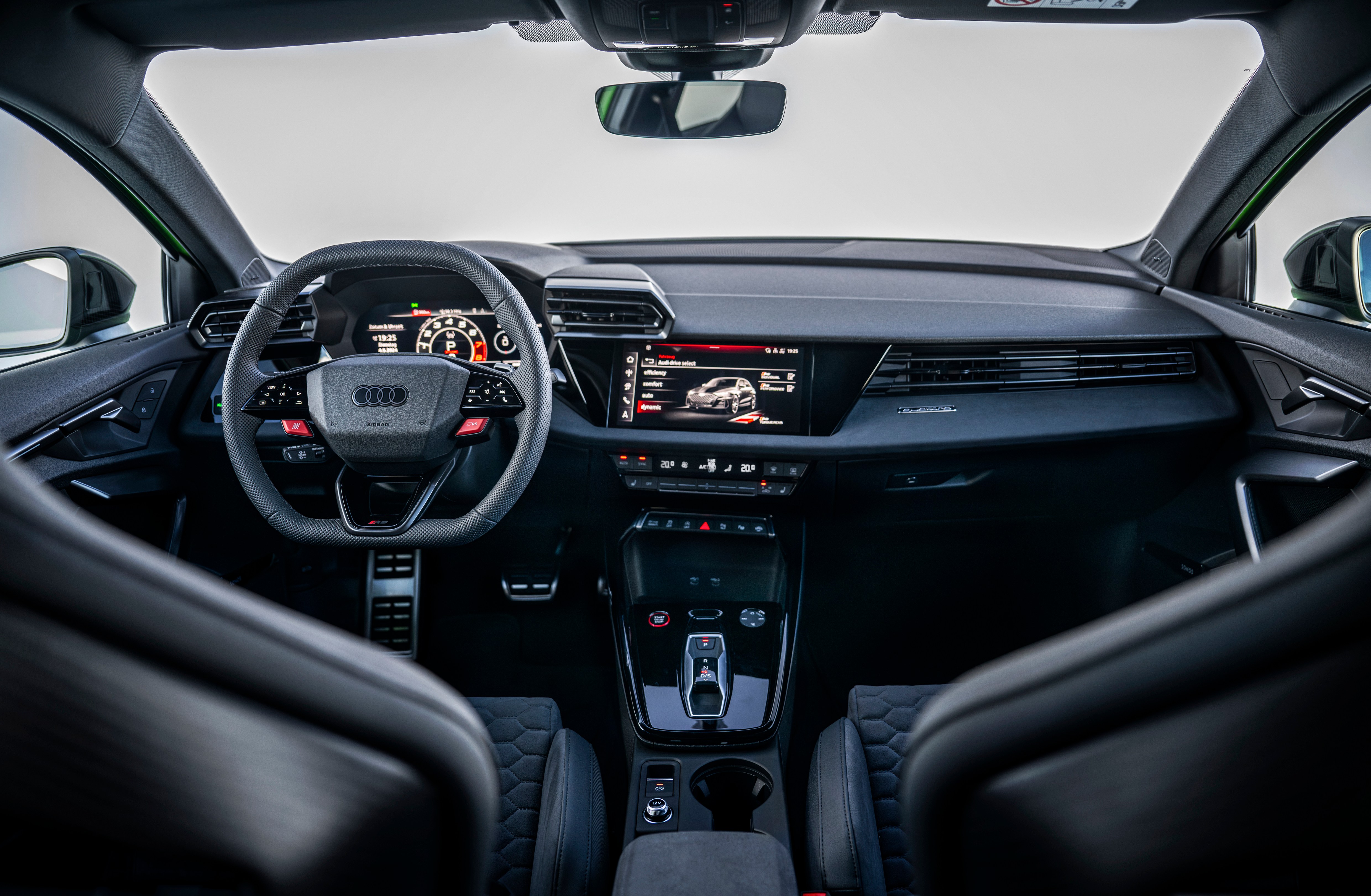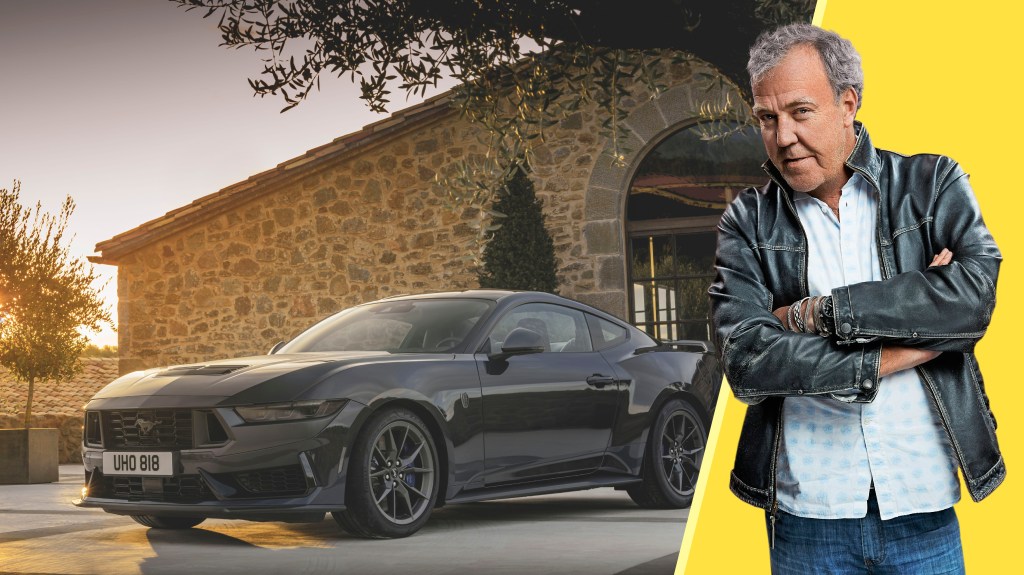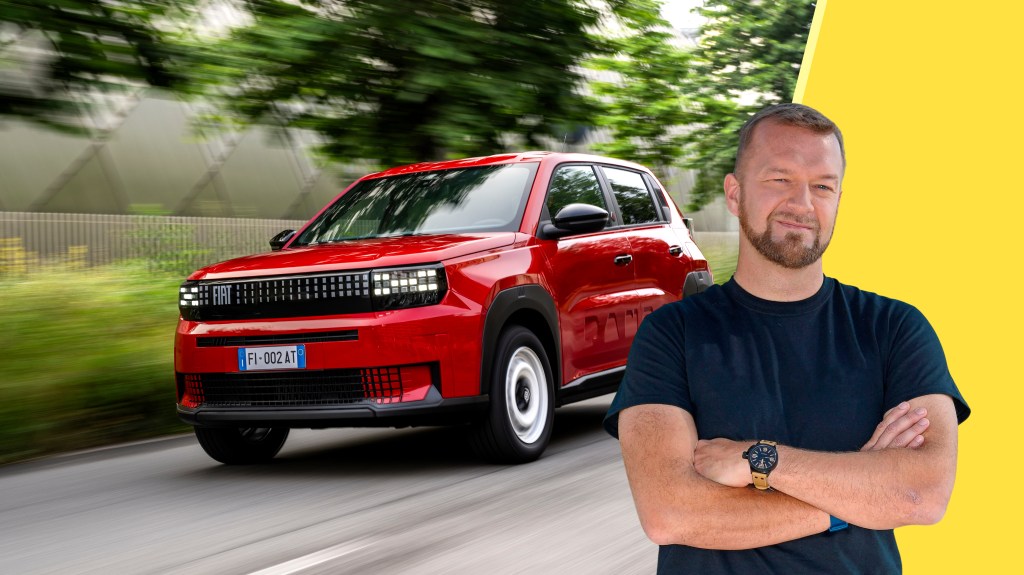Audi RS 3 Review: A Playful Performance Machine
In a world where opinions shift rapidly, we find ourselves constantly reevaluating our perspectives. Historical beliefs that once spanned generations, such as the shape of the Earth or our animosities towards different nations, have transformed remarkably over time.
In today’s fast-paced environment, our needs and views about various topics, like energy consumption and environmental impact, seem to oscillate wildly. For instance, we once prioritized British farmers only to flip the narrative as economic factors and changing priorities emerged.
Space travel has also entered this realm of fluctuating opinions. Social media buzz once questioned the male-dominated astronaut selection, and following a notable flight with female crew members, skepticism about their participation arose almost instantaneously.
Elon Musk exemplifies the confusion in public sentiment; he was celebrated for his electric cars and innovative factories, yet in an instant, perceptions flipped, branding him unfavorably among some circles.
Currently, electric vehicles are viewed positively, heralded as saviors for future generations. However, history indicates that public sentiment can swing unpredictably, as seen with the once-celebrated diesel cars that quickly became associated with environmental harm.
This unpredictable dynamic has impacted the automotive industry significantly. Previously, a notable percentage of sports models like the Volkswagen Golf GTI and Ford Escort XR3 were popular among consumers. However, growing insurance costs and shifting priorities towards economical choices have put a damper on that enthusiasm.
Considering the impending ban on petrol and diesel vehicles, one might assume that automakers would steer clear of high-performance hatchbacks. Yet, there remains a cautious optimism for these vehicles, as many manufacturers continue to produce them, anticipating that consumers will appreciate spirited driving experiences.
BMW’s M135, Mercedes’ A35 and A45, Honda’s Civic Type R, and Toyota’s GR Yaris are all still available, showcasing that the hot hatch segment is not quite extinct. Audi has also entered the fray with a newly updated RS 3.
Just four years back, Audi intensified the power of the RS 3, creating an exceptionally dynamic vehicle. The new version maintains the engine and body structure but integrates advanced electronic features that enable up to 50 percent of power to be distributed to the rear, providing the ability to direct all power to a single wheel. This capability is designed for thrilling maneuvers, making it ideal for spirited driving in recreational settings.
While some might view such exploits as reckless, it’s important to remember that societal acceptance of different activities evolves. Activities once deemed foolish can become trendy as cultural norms shift.
Additionally, this updated Audi introduces an unconventional concept: wider front tires compared to the rear. This design choice aims to enhance grip at the front, resulting in a more playful driving style with increased oversteer potential, making it a more engaging option for enthusiasts.

In current discussions surrounding automobiles, the term ‘fun’ can be contentious, often clashing with calls for more stringent driving regulations. Nevertheless, there may come a time when fun is celebrated once again, placing vehicles like this Audi RS 3 in high demand.
With a five-cylinder turbocharged engine reminiscent of the original quattro, the RS 3 delivers a thrilling 395bhp and a top speed of 174mph, achieving 0 to 62mph in an impressively quick time.
The RS 3 offers an exhilarating driving experience. In its standard mode, the ride is comfortable, but tweaking the settings releases its playful spirit, resulting in an exceptionally light and agile performance, unburdened by hybrid complexities.
Inside, the Audi RS 3 showcases typical German craftsmanship—solidly built with a modern aesthetic that leans towards minimalism, featuring numerous digital displays in place of traditional gauges. While it may bombard the driver with alerts for various infractions, it remains user-friendly for essential adjustments, like the climate control system.
However, the price point is a notable consideration; the Carbon Black edition I tested is priced at £66,435, which many might find steep. Across the automotive market, escalating prices have become a widespread concern. The RS 3 represents what feels like a substantial increase compared to earlier models like the 1980 Volkswagen Scirocco GLi.
There is, however, a worthy competitor in the Toyota GR Yaris, delivering similar excitement at approximately 30 percent lower cost, making it an appealing choice for those navigating today’s economic landscape.




Post Comment